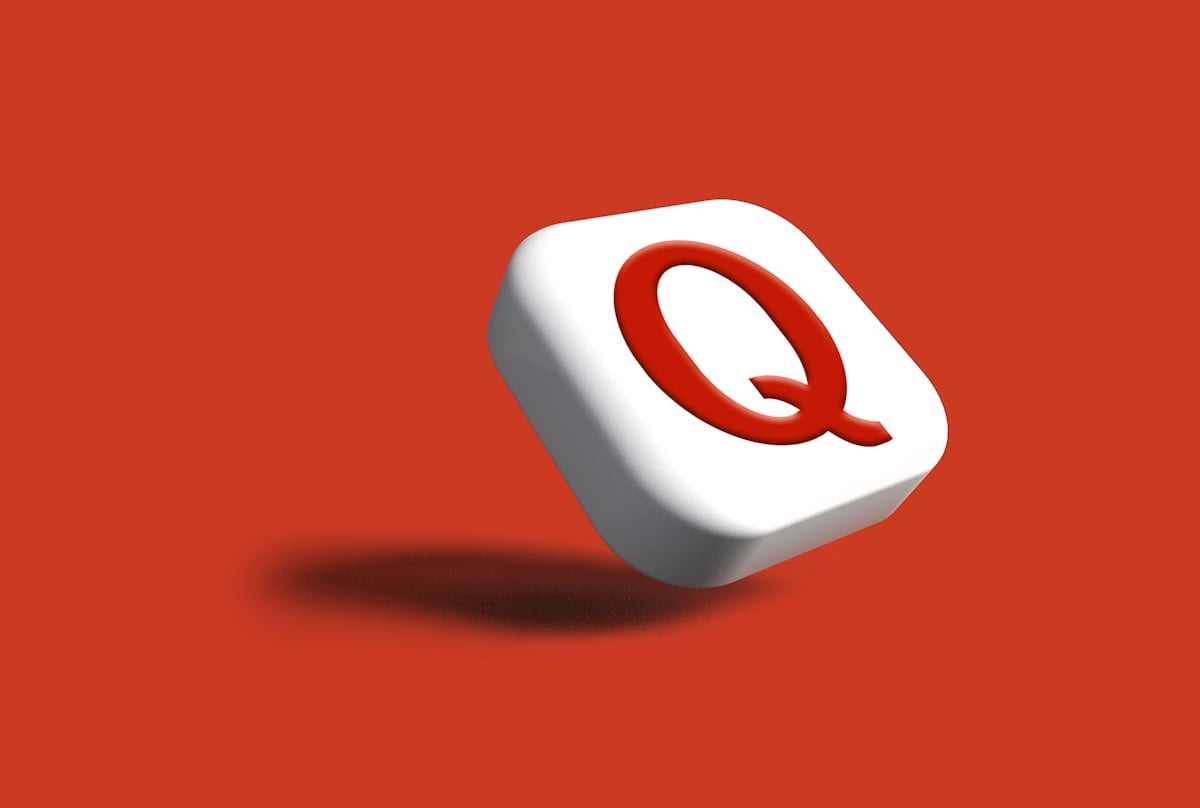Discover how Quora Chatbot Platform, Poe, offers a unique solution for accessing paywalled articles. Learn about the controversy surrounding copyright issues.
 Caption:Quora Chatbot Poe unlocking paywalled articles.
Caption:Quora Chatbot Poe unlocking paywalled articles.
The Highlights:
- Quora’s AI chatbot platform, Poe, allows users to download HTML files of articles from paywalled journalistic outlets by entering URLs into the Assistant bot’s interface.
- Despite concerns about copyright infringement, Quora disputes claims and compares Poe to a cloud storage service for storing content obtained from websites.
- The Assistant bot on Poe retrieves detailed summaries and downloadable HTML files of articles from sites like The New York Times, Bloomberg Businessweek, Forbes, and others upon user request.
- Publishers are expressing frustration over AI platforms like Quora’s Poe for potentially infringing on their copyrights by scraping and reproducing their content without permission.
“This is a significant copyright issue,” James Grimmelmann, professor of digital and information law at Cornell University, wrote in an email. “Because they made a copy on their own server, that’s prima facie copyright infringement.”
Trending :Quora Chatbot Platform ,Amazon Adept founders ,Responsible AI ,AI Vision Pro
Access Paywalled Articles Easily with Quora Chatbot Platform
Quora Chatbot Platform, Poe, is revolutionizing the way users access paywalled content from journalistic outlets. Owned by Quora and supported by a $75 million investment from Andreessen Horowitz, Poe offers a unique service where users can input URLs of articles from sites like WIRED, The New York Times, Bloomberg Businessweek, and more to receive detailed summaries and downloadable HTML files directly through the chatbot.
Quora’s Assistant bot provides users with comprehensive summaries and 1-MB HTML files of articles, allowing them to access premium content without encountering paywalls. This innovative approach has raised concerns about copyright infringement within the AI industry. James Grimmelmann, a digital law professor at Cornell University, highlighted this issue stating that making copies on servers could potentially infringe copyright laws.
Despite these concerns, Quora spokesperson Autumn Besselman defended Poe’s features, stating that they operate similarly to cloud storage services and are compliant with copyright laws. However, media executives have observed servers identifying as ‘Quora bots’ accessing their sites after prompts from Poe’s chatbot, raising further questions about intellectual property rights.
Adam D’Angelo, Quora co-founder and former Facebook CTO, expressed his vision for integrating Poe with Quora during an interview, emphasizing the potential for collaboration between the two platforms. The Assistant bot on Poe’s website is powered by AI firm Anthropic but operates independently using text provided by Quora crawlers in response to user prompts.
The emergence of AI-powered chatbots like Poe has sparked legal battles between journalism companies and tech giants over alleged copyright infringements.The New York Times is suing OpenAI and Microsoft for infringement, while Forbes has accused Perplexity of similar violations. Publishers have expressed frustration over their content being accessed without permission through these chatbots.
In conclusion,Poe’s innovative approach to accessing paywalled content raises important questions about intellectual property rights in the digital age.The platform continues to evolve its features while navigating legal challenges surrounding copyright issues within the AI industry.
Also Read:Robot Pets ,AI tools ,AI label ,AI-generated content
Conclusion:
- Quora Chatbot Platform, Poe, allows users to download HTML files of articles from paywalled journalistic outlets by entering URLs into the Assistant bot’s interface.
- Despite concerns over copyright infringement, Quora disputes claims and compares Poe to a cloud storage service for creating file attachments at the direction of users.
- Quora cofounder Adam D’Angelo envisions an integrated relationship between Quora and Poe similar to Facebook and Facebook Messenger, aiming to incorporate more human aspects into Poe’s AI bots.
Resources:
WIRED, The New York Times, Bloomberg Businessweek, The Atlantic, Forbes
Topics : Google,Chromebook, AI, ChatGPT






